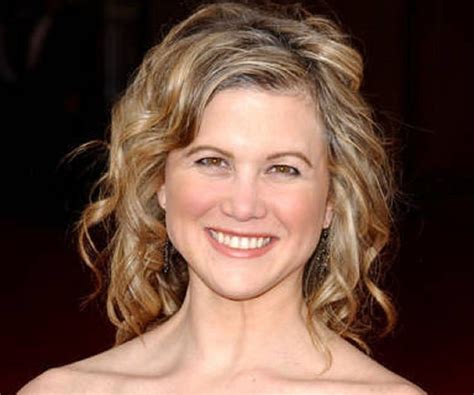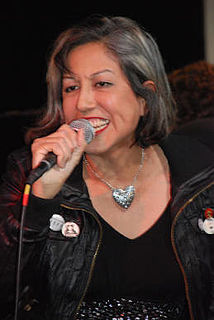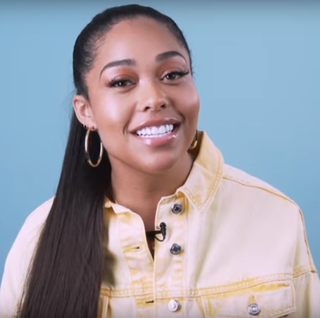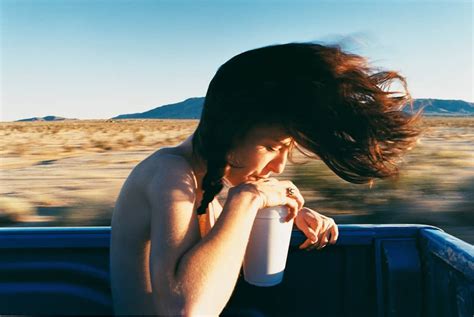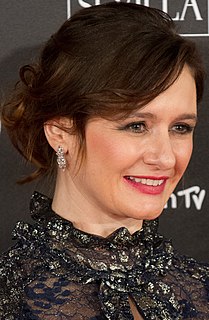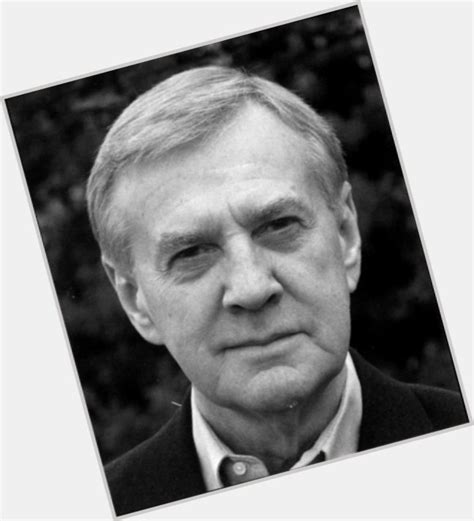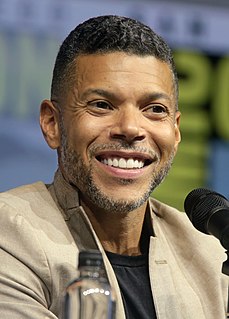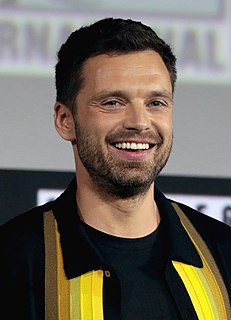A Quote by Tracey Gold
I had years of therapy to recover from this. A lot of it had to with being a people pleaser, being the ultimate good girl. I wanted everyone to like me. I didn't really have a voice. I was afraid of growing up.
Related Quotes
I was full of energy, and I had a lot of bottled up rage that would come out in my stage performances. It was therapy sessions for someone who couldn't afford to go to therapy, a way to release my frustration, my inhibition. When I was little, growing up in an abusive household, I felt like I didn't have a voice. Suddenly I was on stage and people were watching me and listening to me, so even if I was singing about something that didn't have to do with abuse, when I was on stage I could express all of the anger, the rage.
When I was a kid I think the thing I remembered most about The Exorcist was Linda Blair being possessed by the devil, and how scary that was. It had a lot of parallels for me because the movie was challenging different ideas about faith and it was looking at religion in a darker way. Growing up I was afraid of being possessed by the devil, as an adult I'm afraid of being possessed by the world, by ignorance, and not holding on to my beliefs and what I feel strongly about.
I liked working with Republicans. We had five pretty good years after we had that bad year in '95 that culminated in two government shutdowns. But then they really decided that they liked being in the majority for the first time in forty years, and they wanted to get some things done, and I agreed, to get things I wanted. It was all perfectly transparent. Everybody knew what they wanted and what I wanted.
When I move from being a cameraman to being a director I looked at a lot of other cameramen who tried to make the move. And in each case they moved up their camera operator to be the DP, which really meant they didn't want to give up being the DP, and really wanted to do both. And my feeling was if I was going to succeed as a director, I had to just be a director and give up the safety net of being a cameraman.
